An Enduring Legacy
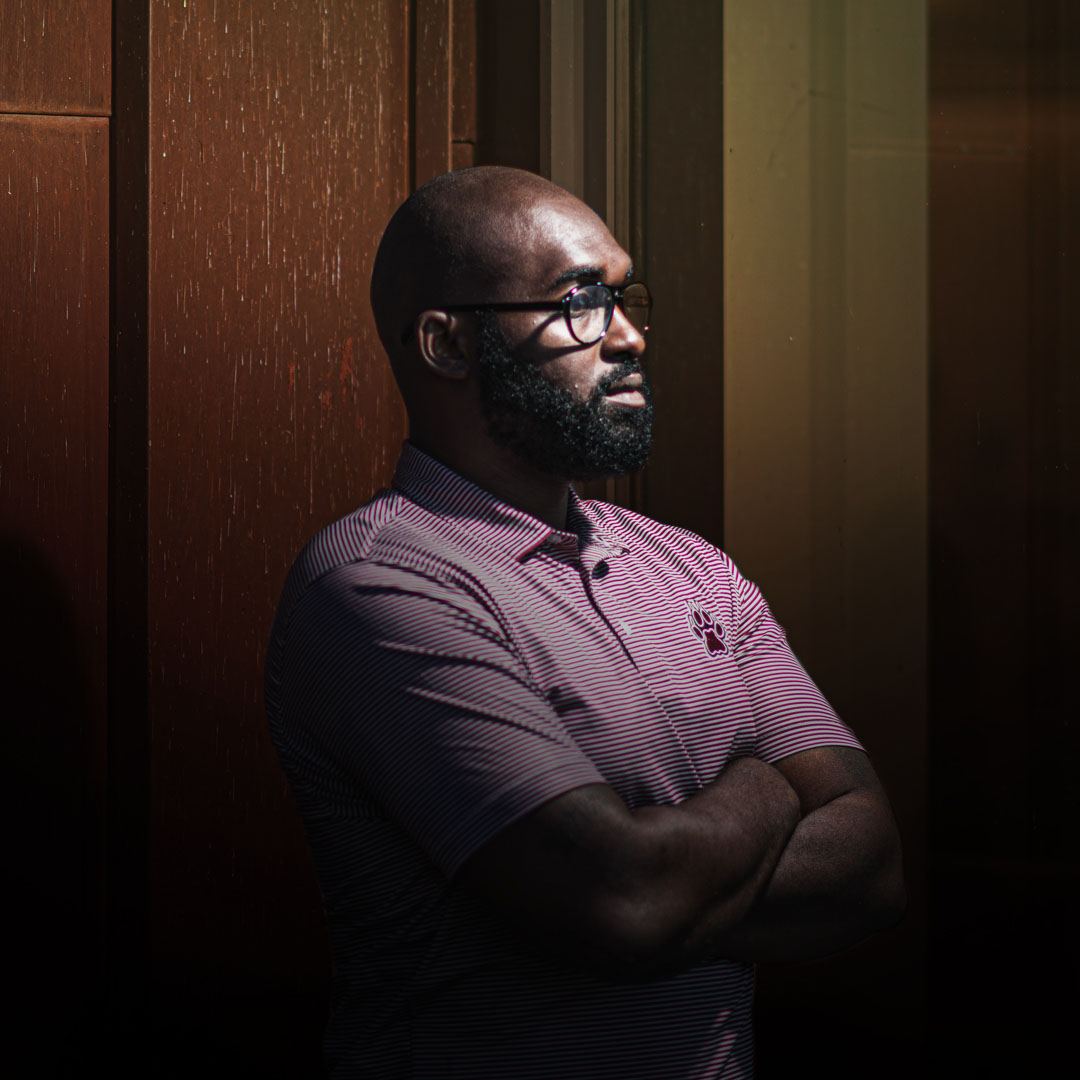
“Dr. King’s message was clear: to create a socially just world, build a community that wouldn’t ignore injustices, and establish a foundation equitable to all. However, the issues that he marched for are still affecting people within the Black community. His legacy provides me a platform to not only teach tolerance but to make an attempt at fulfilling his dream as the director of intercultural development at Lafayette College.” —Robert M. Young ’14, director of intercultural development
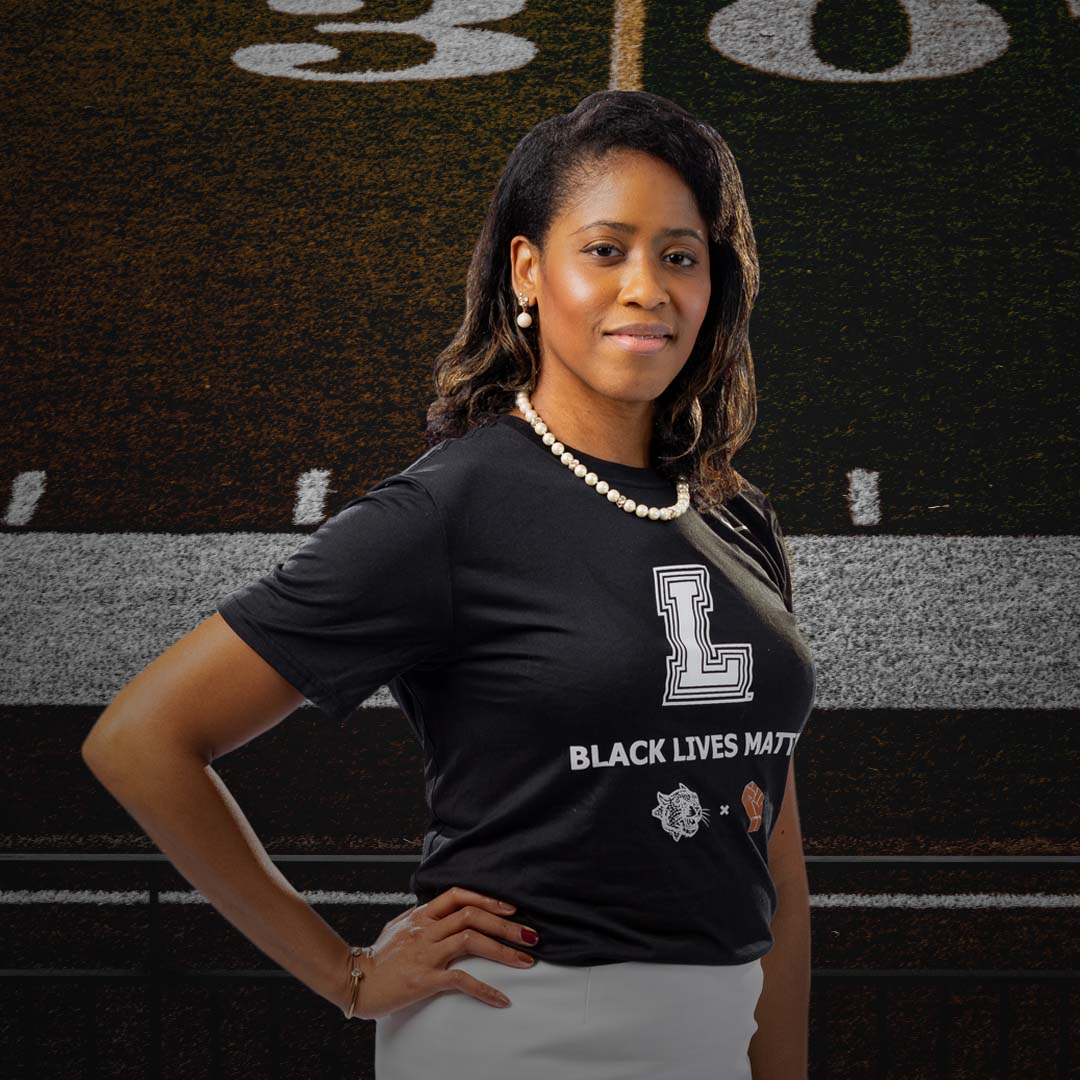
“Dr. Martin Luther King’s legacy is an inspiration and motivating force for my work at Lafayette. Recalling the significance of his legacy is also a reminder that the changes and improvements he sought for racial equality, social justice, and civil rights have yet to be fully achieved. It affirms the importance of our campus and athletics’ diversity, equity, and inclusion efforts. I show up in my role at Lafayette every day with energy and enthusiasm for making positive change for our student-athletes and our entire community.” —Sherryta Freeman, director of athletics
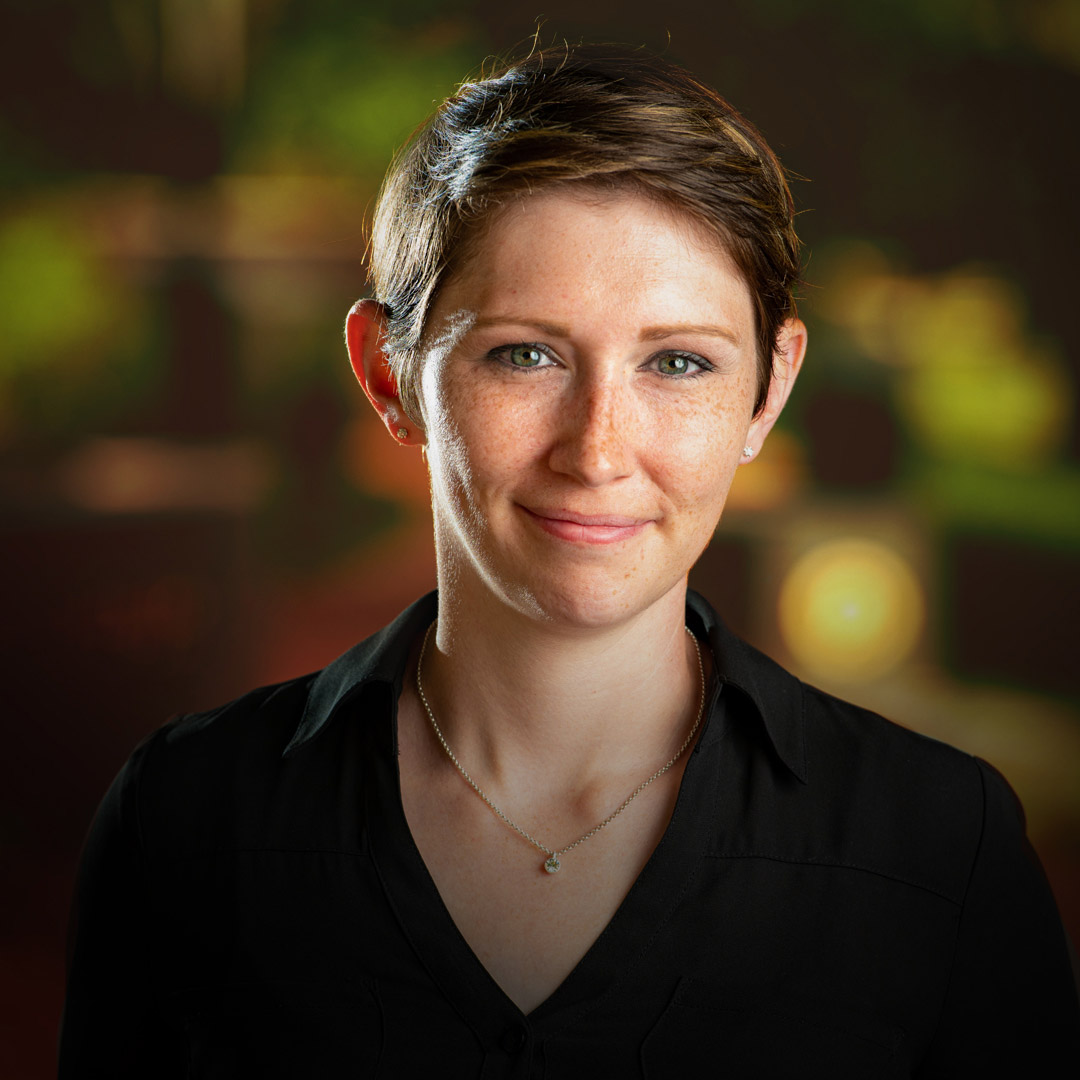
“’Darkness cannot drive out darkness; only light can do that. Hate cannot drive out hate; only love can do that.’ Dr. Martin Luther King Jr.’s words command a responsibility that I try to uphold, not only at Lafayette but in my everyday life. As we persevere through these historical times, I cannot impress enough the importance of Dr. King’s message: to love those around you, support those around you, and give a platform to the voices around you which cannot be heard otherwise.” —Melissa Ash, interim assistant director, student engagement and civic leadership
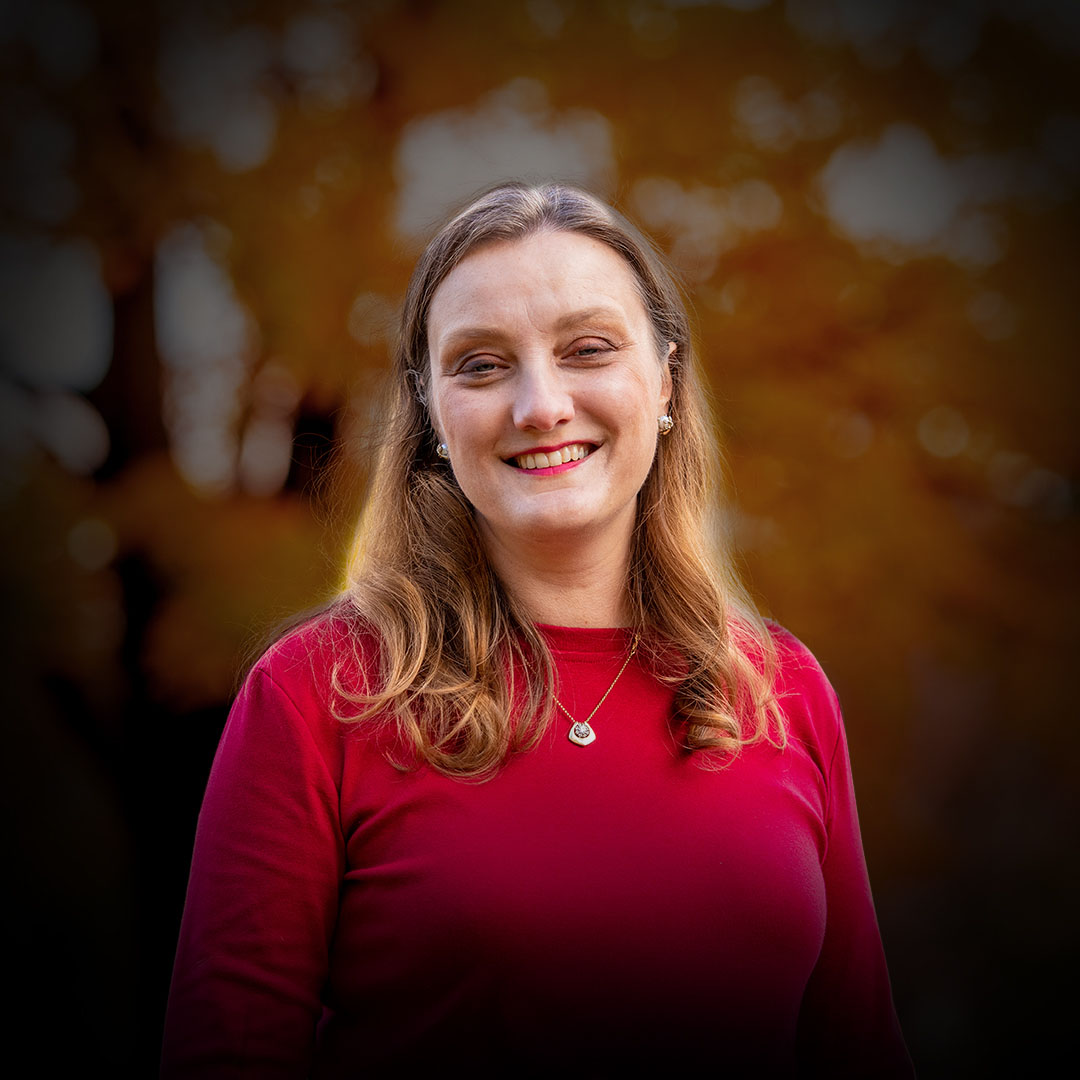
“MLK’s work inspires me in my work at Lafayette for a couple of reasons. First of all, he was a minister, like I am. He knew all the mundane and essential experiences of ministry. Much of his work revolved around food scarcity, equal access to necessary things like housing, employment, education, and health care. These same issues are part of our daily lives, as well. Much of my work is behind the scenes; making sure students have what they need and know they are supported by the Lafayette community. I am also inspired by MLK to take a long view of success. After nearly a decade at Lafayette, I can see how things have improved in areas of diversity, equity, and inclusion. I can also see that we have lots more work to do. We can’t say we’ve made it up the mountain, but we are slowly ascending.” —Rev. Alex Hendrickson, College chaplain and director of religious and spiritual life
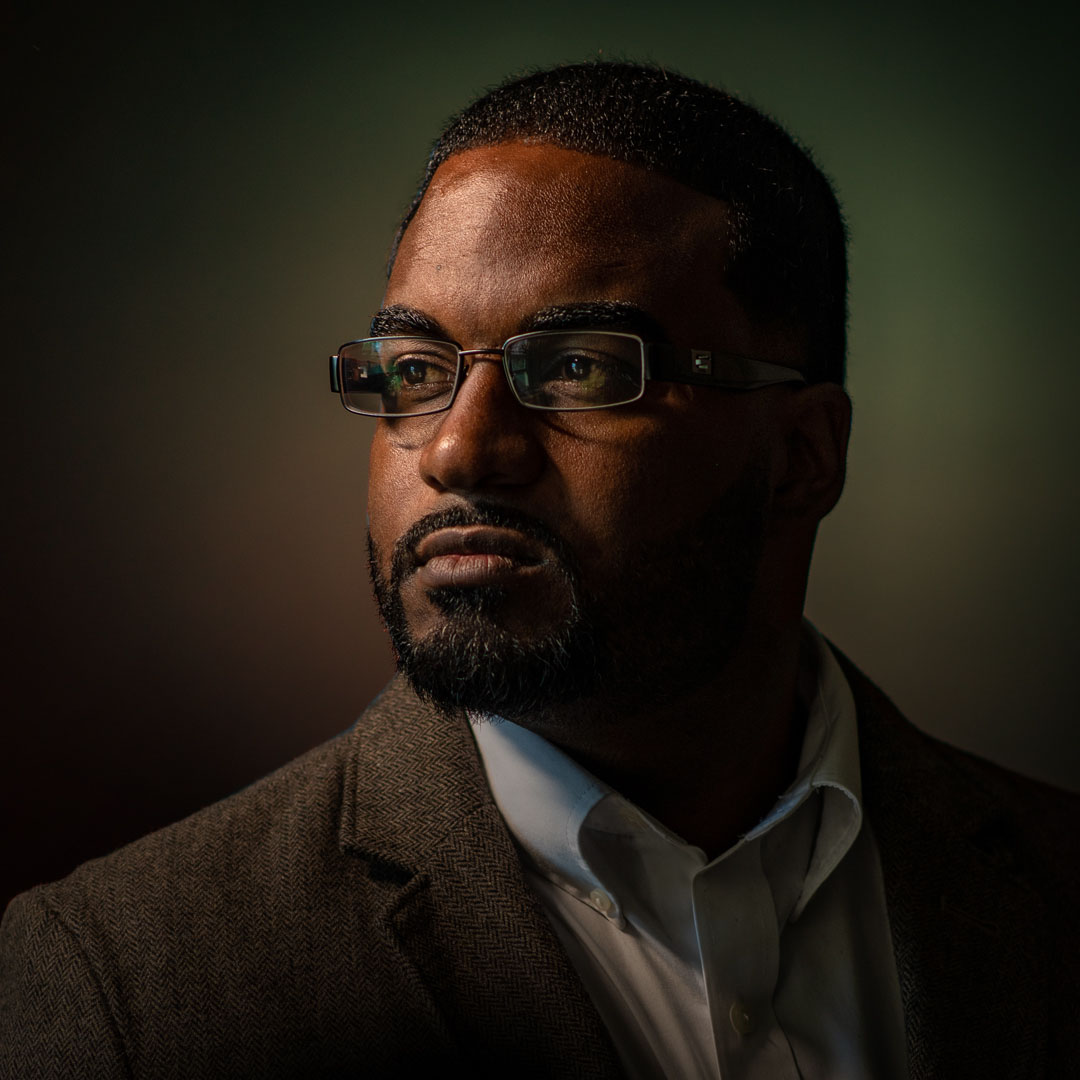
“Dr. King inspires my work on racial health inequalities because he was keen on calling out multiple manifestations of racial inequality (including health), but also maintained hope that through sustained resistance, societal change was possible. A quote of Dr. King’s that inspires my work: ‘Of all the forms of inequality, injustice in health is the most shocking and inhuman.’” —Carlos Tavares, assistant professor of sociology
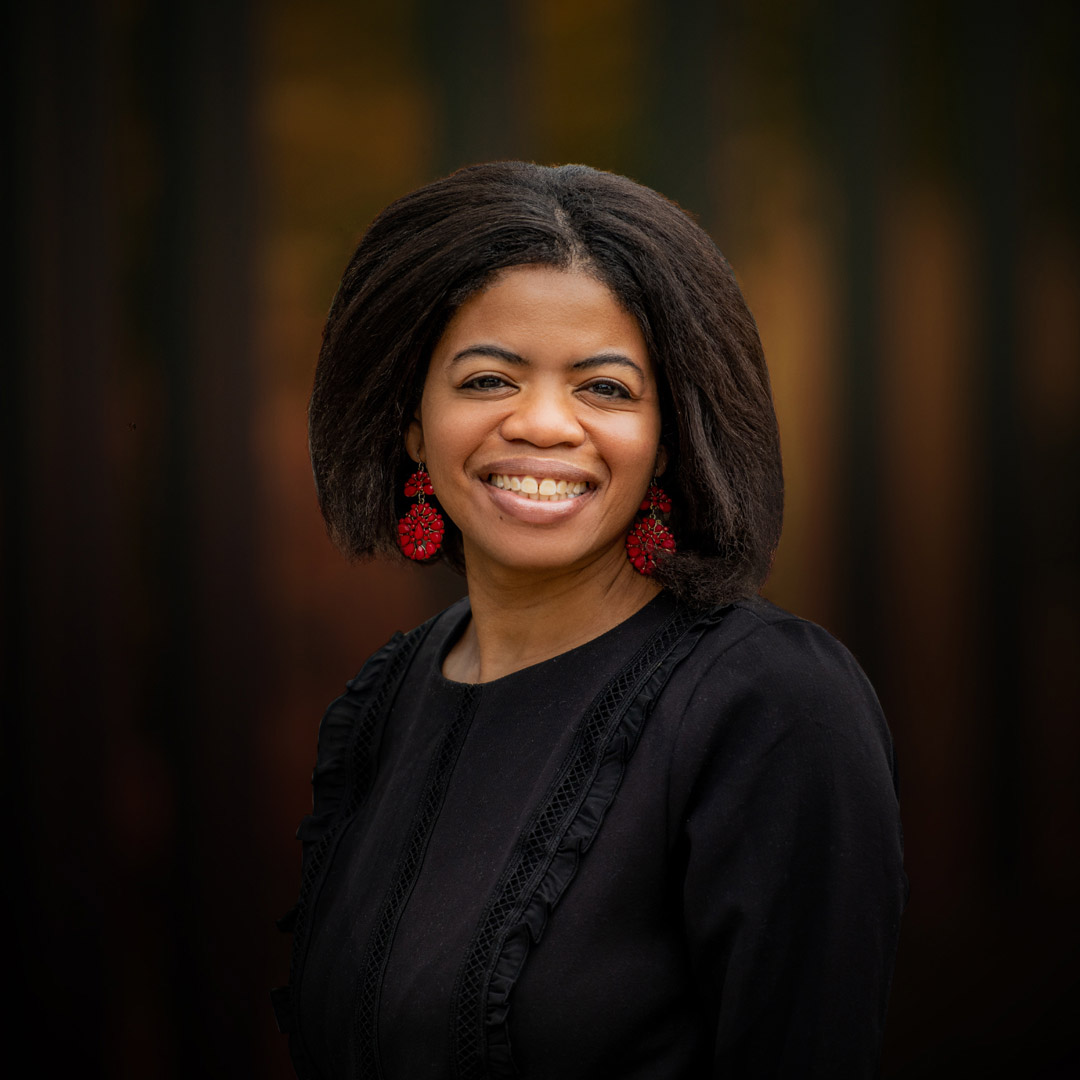
“I hold the late Rev. Dr. Martin Luther King Jr. in utmost reverence. He was a revolutionary, impassioned orator who spoke truth about anti-Black racial injustice. To continually remind myself of his valuable contributions to our society, l have an annual tradition of listening to his famous ‘I Have a Dream’ speech and afterward spending time deeply reflecting on its significance. MLK’s activist legacy is fully embodied in my work with inclusive instruction at the Center for the Integration of Teaching, Learning and Scholarship (CITLS). At our College, we have the opportunity to educate an increasingly diverse student body. A portion of our work at CITLS reinforces the responsibility that we have to design our classroom spaces equitably and welcoming for all of our learners, not just a select group. If we do not foster a climate of inclusion, we hinder the very progress that MLK so dreamed about. In one of his final speeches delivered at an institution of higher education, MLK declared, ‘We have a long, long way to go until the problem of racial injustice is solved in our country.’ His words still ring true today as we witness racial unrest occur across our nation. As we make progress on embracing and implementing anti-racist curricula nationwide and confronting the ills of racism by designing significant learning opportunities, we provide even more value to our students’ educational experience, and carry out MLK’s legacy.” —Tracie Addy, associate dean of teaching and learning, director of CITLS
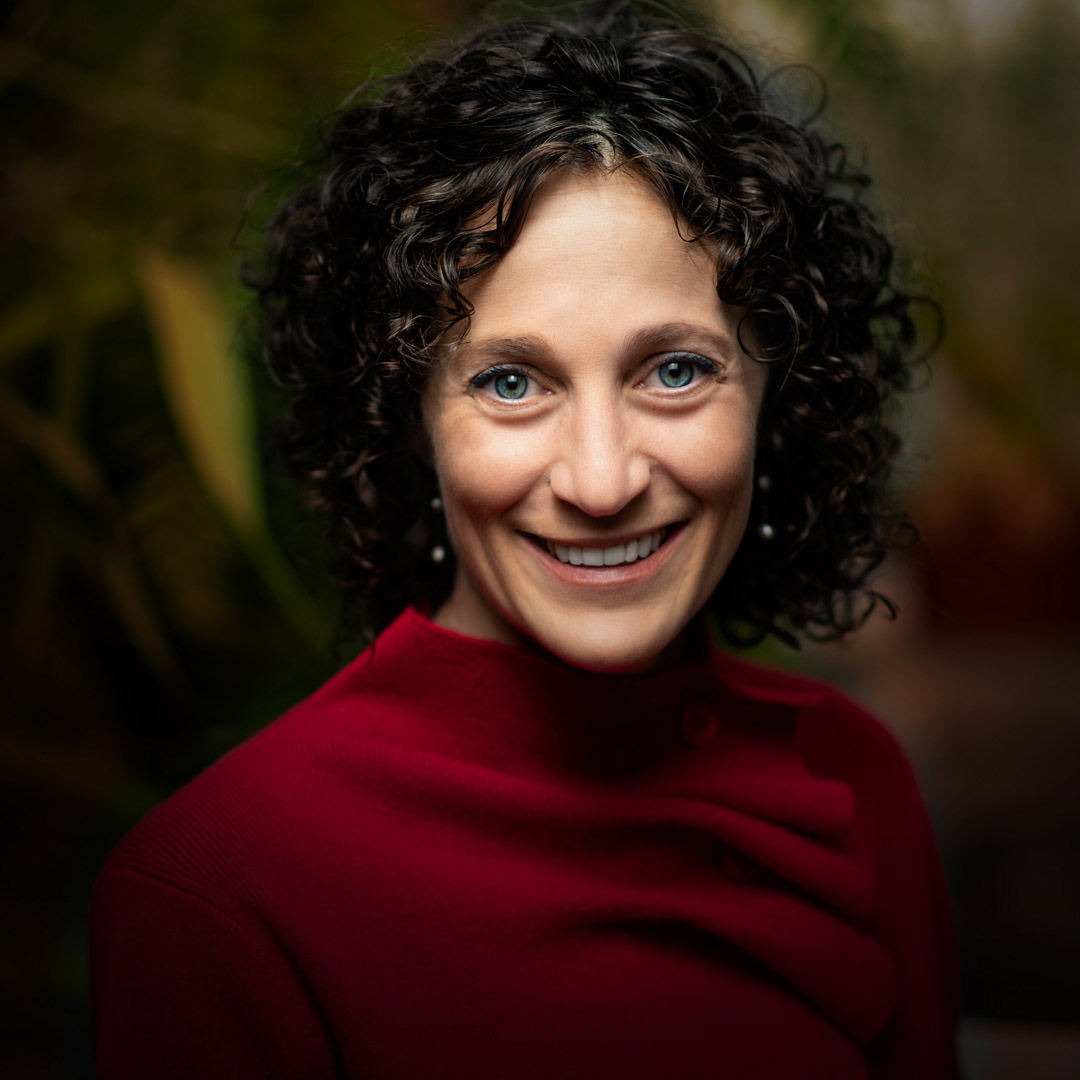
“This Martin Luther King Jr. Day feels especially relevant for a time of reflection. This past year exposed all the existing inequalities that were convenient, for some, to ignore. Today, I choose to reflect and recommit to a more active role in the arc’s bend toward justice.” —Delicia Nahman, director of sustainability